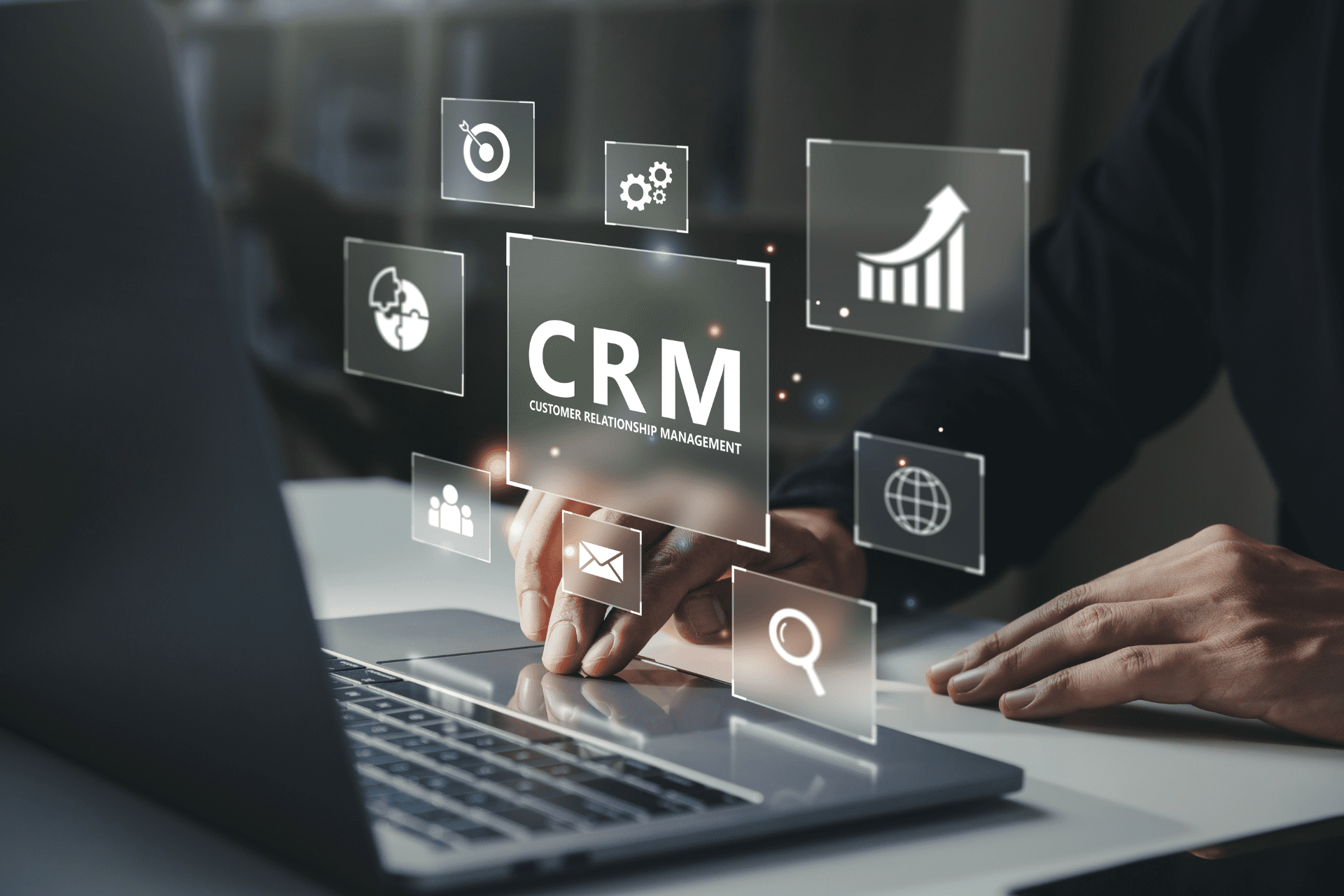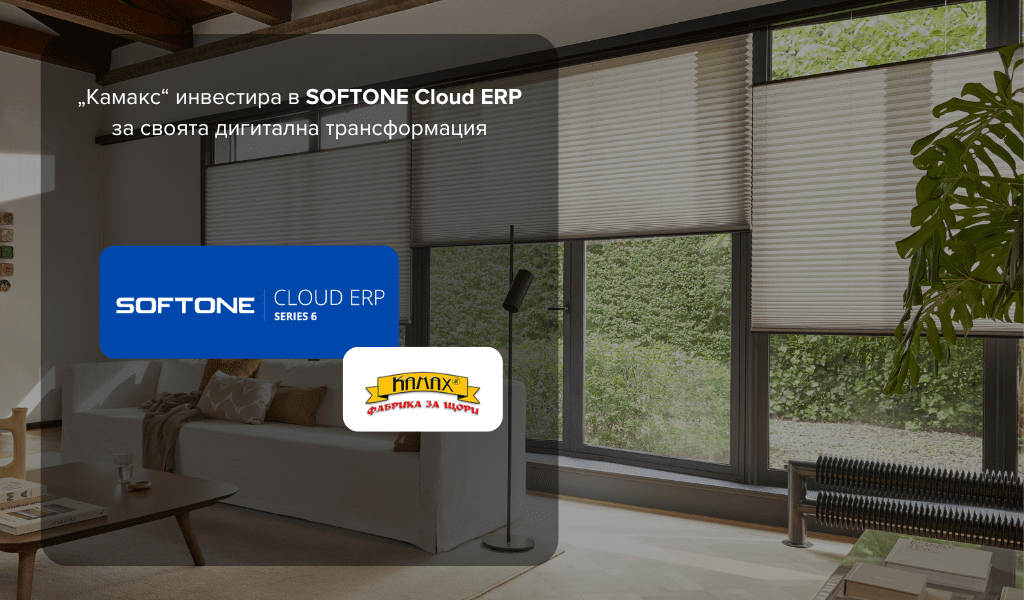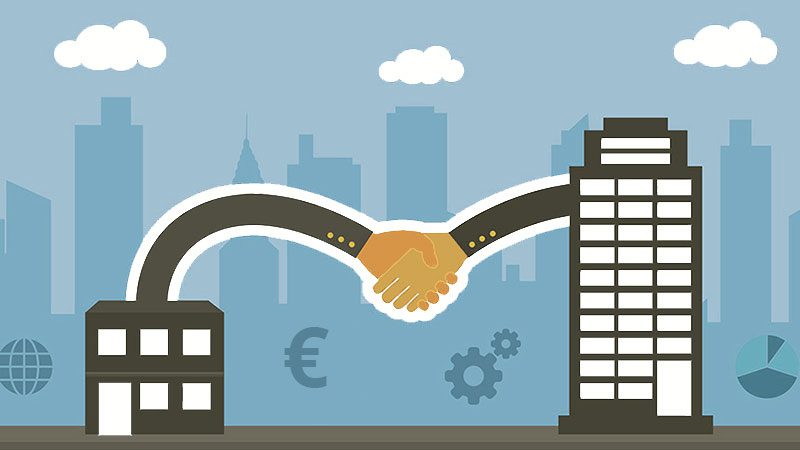Share
Read also

Business Software
Пазарът на CRM през 2025: В отговор на нарастващите изисквания на клиентите

News & Events
„Камакс“ инвестира в SΟFTONE Cloud ERP за своята дигитална трансформация

Trends & Views
Как дигиталната трансформация подпомага развитието на бизнеса

News & Events
SOFTONE разширява своята екосистема с нов стратегически партньор
Migrating to the cloud
The nature of ERP technology is expected to change, as more and more small and medium businesses will be adopting this technology in the upcoming years. As a result, it will transform from an exceptionally centralized and mainframe-oriented monolithic system to a client-server solution that will provide a clearly more flexible application. This process is essential already under way. For example, cloud-based ERP systems are constantly gaining popularity and, by now, almost every vendor either offers some cloud-based option or has fully migrated to the cloud.
The results of cloud-based ERP technology are already apparent, as its deployment is twice as quick as that of server-based systems. Furthermore, maintenance is simplified for businesses, since all relevant maintenance and upgrading activities are performed remotely. The “price” for all the above is lack of full control but -especially for SMBs– it appears that this is rather insignificant when compared to all the other benefits.
Hybrid solutions
Even for those that are still reluctant to adopt a cloud-based option, there are still solutions, such as integrating some cloud-based modules to a server-based system, thus creating a hybrid system combining cloud- and server-based applications for their ERP.
In fact, there are businesses in specific industries that opt for hybrid solutions, since they enable them to run certain business processes on their local servers and at the same time use cloud-based modules for other tasks, such as HR. This approach appears to combine “the best of both worlds” and many businesses have chosen to try it out. When deployed correctly, a hybrid system surpasses the disadvantages of the individual solutions it combines. On the other hand, a hybrid model usually is the first step to a full migration to the cloud, as businesses gradually discover and appreciate its advantages. As said, cloud is the future.
New technologies and analytics
Technologies such as Virtual Reality, wearables and mobility are the new trends that, in a few years, will become mainstream. They will help ERP expand to industries such as logistics, where it will provide users with unprecedented computing power, regardless of their location.
Improved data analytics will multiply with the development of new tools that will enable businesses to manage and understand the vast amount of data produced by ERP and other systems. In particular, analytics are steadily becoming an integral part of businesses wanting to develop marketing and other strategies. This trend is further enhanced by technology developments, such as more powerful computers and new networking methods that enable businesses to utilize all this data to their advantage.







